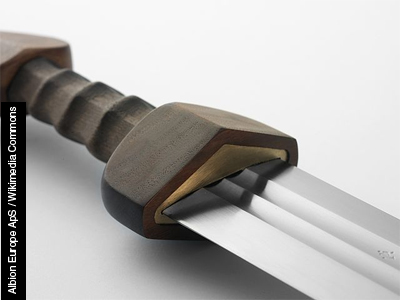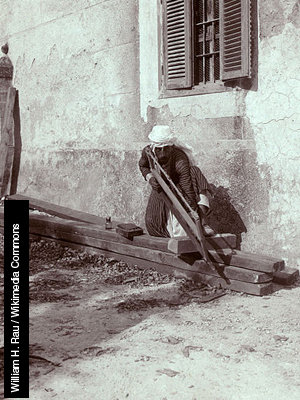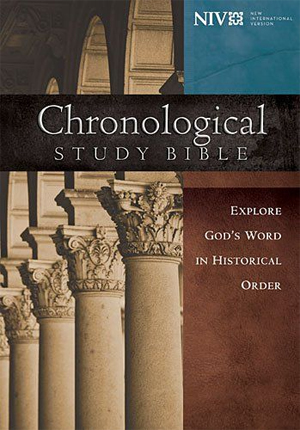Matthew reports that Joseph was afraid to live in Judea under the rule of Herod’s son, Archelaus—and apparently with good reason.
After Herod the Great died, there was a power struggle among his sons over who would inherent his kingdom. Archelaus had first assumed kingship, over the objections of his brothers. Meanwhile, revolutionaries stirred up opposition and threatened to derail Archelaus’ bid to rule. He responded as his father would have, sending in the Roman army and massacring 3,000 people during the Passover holiday. Fresh off that victory, he went with his brother to Rome to make a case for his kingship with the emperor. After much deliberation, Caesar Augustus made a compromise decision. He appointed Archelaus as “ethnarch” over Idumea, Judea, and Samaria, with a promise that he would be made king if he proved worthy. His brother Antipas was installed as “tetrarch” over Galilee and Perea, while Philip was also named tetrarch over other territories in the area.
When Archelaus returned to Judea, history reports that he “ruled both Jews and Samaritans with great brutality.” It was so bad, in fact, that Augustus deposed and banished Archelaus only two years later, around 6 A.D., after both Jews and Samaritans sent a delegation detailing the ethnarch’s cruelty in supposed service to Rome.
[ZP3, 138]
ΩΩΩ
Copyright © 2014 to present by Nappaland Communications Inc. All Rights Reserved.


